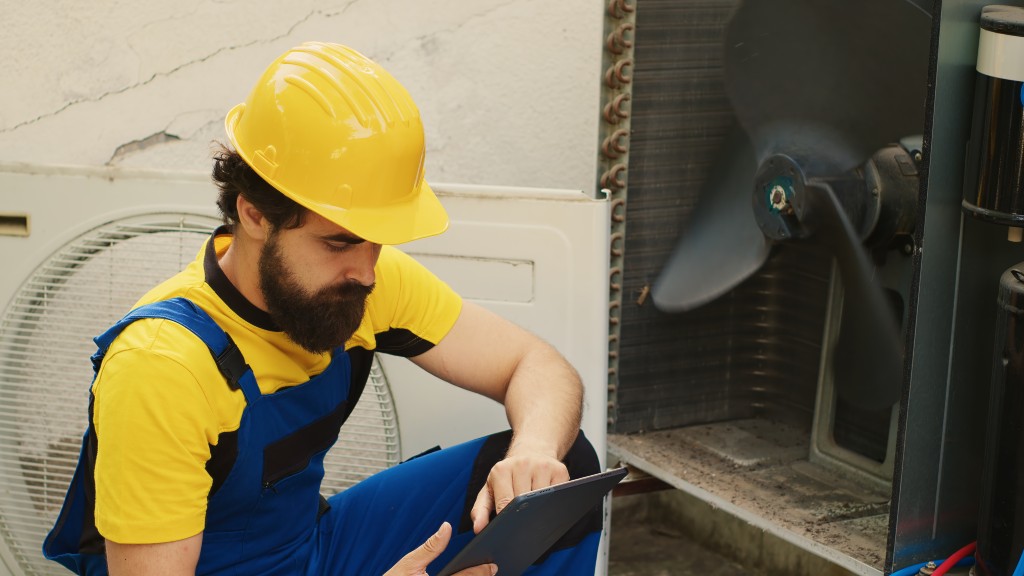Before determining if there is a problem with an AC fan, it may be beneficial to understand what it is and how it works. An AC fan element is one of the most vital components situated inside the outdoor unit’s condenser coils. It emits the hot air outside and helps keep your place during sweltering summers.
However, sometimes due to lack of maintenance or excess dust and dirt accumulation, your air conditioner fan might malfunction and demand air conditioning repair in Altamonte Springs, FL. But how to understand when an AC fan requires servicing or tune-up.
Don’t worry! We have got you covered. Below are some common symptoms that indicate a faulty AC fan.

- There Is No Cold Circulation
When your fan begins to fail, the first thing you may detect is a lack of chilly airflow. It is a dead giveaway that something is amiss with your air conditioner. While it might not be every time due to your fan, but if this happens, you will need to look into it initially.
Also, before you roll up your sleeves and explore the AC unit, double-check that the compressor remains turned on and set to the right temperature.
- The Fan Is Continuously On
If your fan is always running, it could indicate that something is wrong with the system as a whole. When this problem happens, the fan will continue to run even when the air conditioning system is off.
- The Fan Will Not Turn On
When your fan breaks, you may run into the opposite problem. If your fan does not turn on even after getting technical assistance on your thermostat, this is another clue that something is wrong.
Also, if your system runs without a fan, your evaporator coils may eventually block. Therefore, you should make it a point of resolving the situation as soon as possible.
- Irregular Stopping And Starting of The Fan
When your fan runs occasionally, this is another sign that it is not working accurately. It could indicate that the motor is overheating, which would force the fan to stop for safety reasons.
Sometimes this is due to faulty wiring, and other times it indicates that the motor has reached the end of its useful life. In any case, it’s advisable to investigate the problem as quickly as feasible.
- The Fan is Turning Slowly
When the fan’s blades begin to rotate more slowly than usual; you may have a problem. It will result in poor airflow and may cause other issues with your system. First, make sure the fan is never at a low RPM level. If not, you might need to lubricate the motor components with synthetic or natural oil.
- When The Fan Turns On, There is Rattling or Buzzing
Is there a rustling or buzzing clattering noise in the background? Strange noises from your air conditioner may signal a problem with the device. Look over your condenser coil. A rattling noise could be due to dirt near the fan or a loose, imbalanced blade.
At AmeriTech Air & Heat, we are a leading heating and cooling company and can help you with your repair, installation, or AC tune-up in Orlando. To book an appointment with our experts, call us now at (407) 743-7106.
A burning smell from the outdoor unit signals electrical failure or motor overheating, distinct from mechanical rattling. This acrid odor indicates melting wire insulation or capacitor damage, often accompanied by popping sounds. Immediately shut off power to prevent fire hazards. Other warning signs include the unit housing feeling excessively hot to touch or visible swelling of the capacitor. Professional diagnosis is essential as these electrical issues pose serious safety risks.
Replace your AC fan when the capacitor fails, evidenced by loud humming without blade movement or delayed startup requiring manual assistance. These symptoms show the motor receives power but lacks starting torque, straining electrical components. If circuit breakers trip repeatedly when the AC activates, this indicates dangerous electrical faults. Capacitor failure typically precedes motor burnout, so immediate replacement prevents costlier damage.
AC fan motors typically last 10-15 years, but lifespan drops significantly with capacitor issues, vibration damage, or overheating. Excessive vibration from unbalanced blades or worn bearings accelerates wear and creates noise. Motors subjected to frequent overheating cycles due to capacitor problems may fail prematurely within 5-7 years. Regular maintenance preventing electrical strain and vibration extends operational life considerably.



